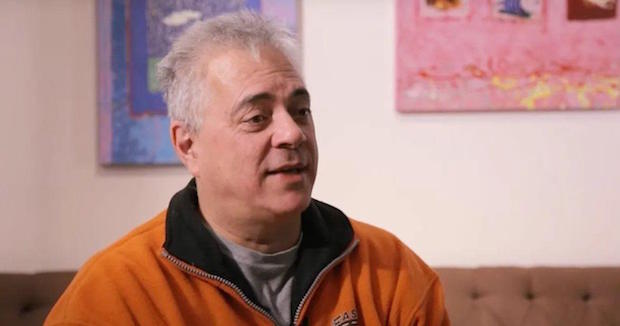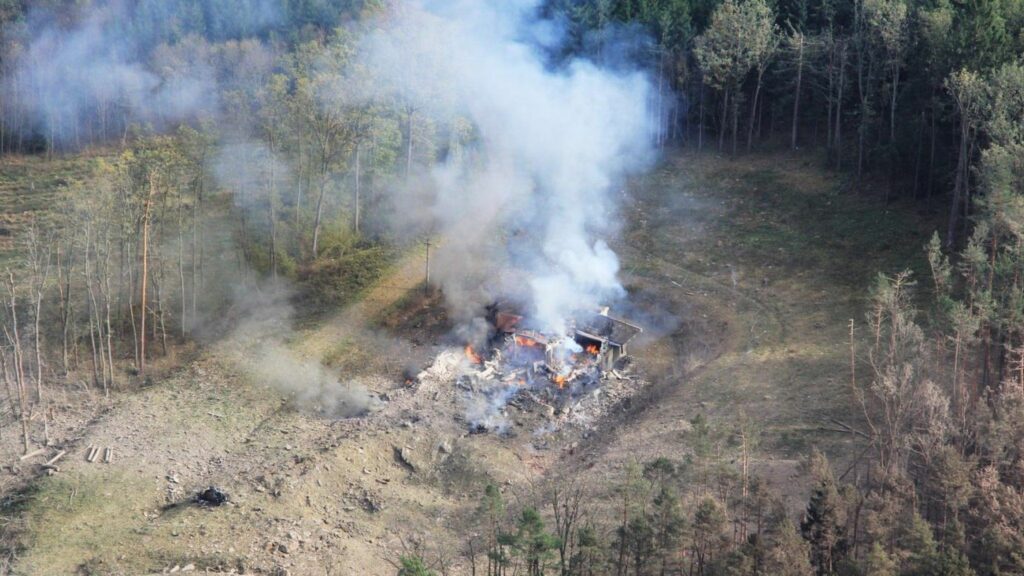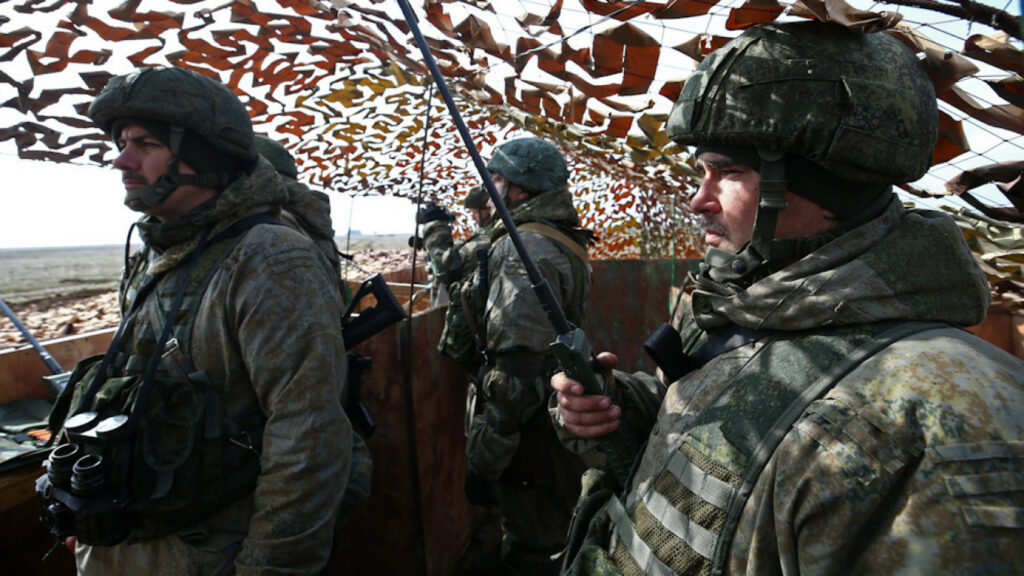The investigative collective known as Bellingcat has reported on Bonanza Media, described as a project working in coordination with Russia’s military intelligence. According to the report, the findings are particularly relevant to the role of Bonanza media with respect to the ongoing criminal trial over the downing of Malaysia Airlines flight MH17, shot down over Ukraine in 2014:
December 13, 2020 An investigation by Bellingcat and its investigative partners has discovered evidence that Bonanza Media, a self-styled independent investigative platform, is in fact a special disinformation project working in coordination with Russia’s military intelligence. While we have not yet established conclusively whether the Russia’s military intelligence agency, best known as the GRU, was behind the initial launch and funding of the Bonanza Media project, we have established that shortly after it was launched, senior members of the GRU entered into direct and regular communication with the project leader. The GRU received advance copies of Bonanza’s publications, provided its employees illegal cross-border access into eastern Ukraine, furnished the project with confidential internal documents of the official Dutch-led MH17 Joint Investigation Team conducting the official criminal investigation into the deaths of 298 passengers and crew members that were hacked by GRU’s cyber warfare division, and likely instructed Bonanza Media to leak them. The findings of this investigation are of particular relevance due to the potential role of Bonanza Media as a source of evidence in the ongoing criminal trial over the downing of flight MH17 in 2014.
Read the rest here.
According to a March 2020 BBC report:
The trial has opened in the Netherlands of three Russians and a Ukrainian — still at large — for the murder of 298 people aboard Malaysia Airlines flight MH17, shot down over Ukraine in 2014. The Boeing 777 went down amid a conflict in eastern Ukraine, after Russian-backed rebels seized the area. Investigators say they have proof the Buk missile system that shot it down came from a military base in Russia.
The report goes on to identify the founder of Bonanza media as a former RT (fka Russia Today) journalist Yana Yerlashova:
Bonanza Media, a special-purpose media project dedicated to publicizing alternative narratives about the causes of the crash of MH17, was founded in early 2019 by former RT journalist Yana Yerlashova with the help of Dutch blogger Max van der Werff, who managed to receive Dutch press credentials in May 2019. Yana Yerlashova, and even more so Max van der Werff were well-known names among conspiracy-minded netizens prone to distrusting the findings of the official MH17 investigation conducted by the Joint Investigation Team (JIT). Working for Russia’s state-run outlet RT, Yana Yerlashova had authored documentaries critical of the Dutch-led investigation, and in one case had been accused of planting wreckage from the plane at the crash site. Max van der Werff, routinely critical of Ukrainian authorities and sympathetic to the Russia-supported separatists in the Donbas Region of eastern Ukraine, already had been a fixture on Russian state media as well as on separatist media in 2015 casting doubt on evidence implicating Russia and the separatists in the downing.
The Global Influence Operations Report (GIOR) has frequently reported on the activities of RT, described by the NYT in 2012 as follows:
Analysts are sharply divided about the influence of RT. Pointing to its minuscule ratings numbers, many caution against overstating its impact. Yet focusing on ratings may miss the point, says Peter Pomerantsev, who wrote a book three years ago that described Russia’s use of television for propaganda. “Ratings aren’t the main thing for them,” he said. “These are campaigns for financial, political and media influence.” RT and Sputnik propel those campaigns by helping create the fodder for thousands of fake news propagators and providing another outlet for hacked material that can serve Russian interests, said Ben Nimmo, who studies RT for the Atlantic Council. Whatever its impact, RT is unquestionably a case study in the complexity of modern propaganda. It is both a slick modern television network, dressed up with great visuals and stylish presenters, and a content farm that helps feed the European far right. Viewers find it difficult to discern exactly what is journalism and what is propaganda, what may be “fake news” and what is real but presented with a strong slant.









COMMENTS
Comments are closed here.